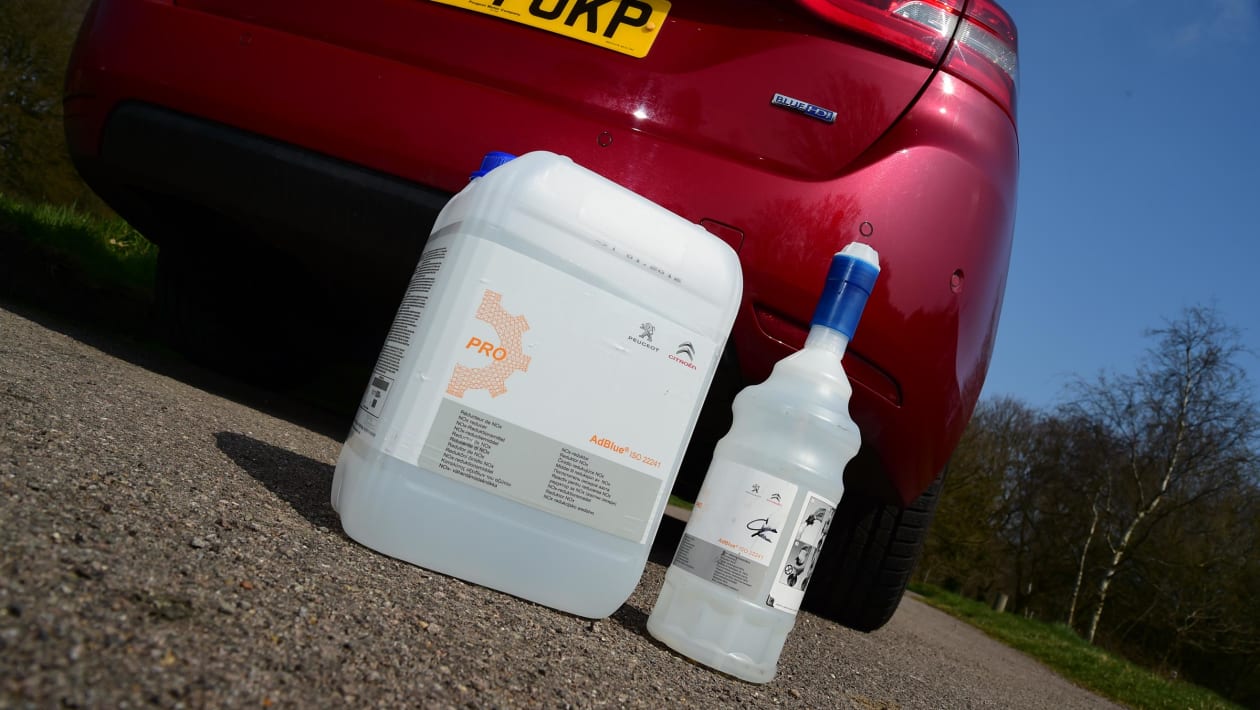I have used Peak BlueDEF Platinum since the 10,000 mile mark and currently have just over 44,000 miles on my ecodiesel. The first time I pulled the DEF injector the injector was covered with crystalized DEF and the inlet hole to the SCR chamber was also plugged with just a small hole for the DEF to spray through at the 10,000 mile mark, the truck had run regular BlueDEF, at the 10,000 mile mark Peak BlueDEF Platinum was put into the DEF tank making it a 60% BlueDEF Platinum / 40% BlueDEF mix and when the DEF injector was pulled the injector had crystalized DEF on it and the inlet hole only had a small amount of crystalized DEF around the opening at the 20,000 mile mark. The DEF tank had been refilled again and was now 100% Peak BlueDEF Platinum, when the DEF injector was pulled at the 30,000 mile mark the injector was clean with just a light clear film on it, the inlet where the DEF injector mounts was clean. BlueDEF Platinum was again used and at the 40,000 mile mark the DEF injector was again pulled and it again only had a very slight clear film on it and the injector inlet hole was clean.
This is real world use in a real ecodiesel, you can't do better than that.
So you can go from this:
![Image]()
![Image]()
to this:
![Image]()
The nay sayers were wrong, Peak BlueDEF Platinum is not snake oil, it really does what Peak says it will do, and you get an added bonus as the additive also extends the life of BlueDEF Platinum from 1 year to 2 years so that is a bonus on top of eliminating the issue of crystalized DEF on the injector and the inlet of the SCR chamber.
I think Peak might have also changed to putting the actual date on the DEF bottle inside the cardboard box, while you can't read the date unless you remove the bottle from the box both boxes of BlueDEF Platinum I purchased were within the past two months for manufacture date if this is a date stamped on the bottles.
![Image]()
![Image]()
The auto parts stores around me move the BlueDEF Platinum quickly as it has caught on in Southwest Florida.
This is real world use in a real ecodiesel, you can't do better than that.
So you can go from this:
to this:
The nay sayers were wrong, Peak BlueDEF Platinum is not snake oil, it really does what Peak says it will do, and you get an added bonus as the additive also extends the life of BlueDEF Platinum from 1 year to 2 years so that is a bonus on top of eliminating the issue of crystalized DEF on the injector and the inlet of the SCR chamber.
I think Peak might have also changed to putting the actual date on the DEF bottle inside the cardboard box, while you can't read the date unless you remove the bottle from the box both boxes of BlueDEF Platinum I purchased were within the past two months for manufacture date if this is a date stamped on the bottles.
The auto parts stores around me move the BlueDEF Platinum quickly as it has caught on in Southwest Florida.







